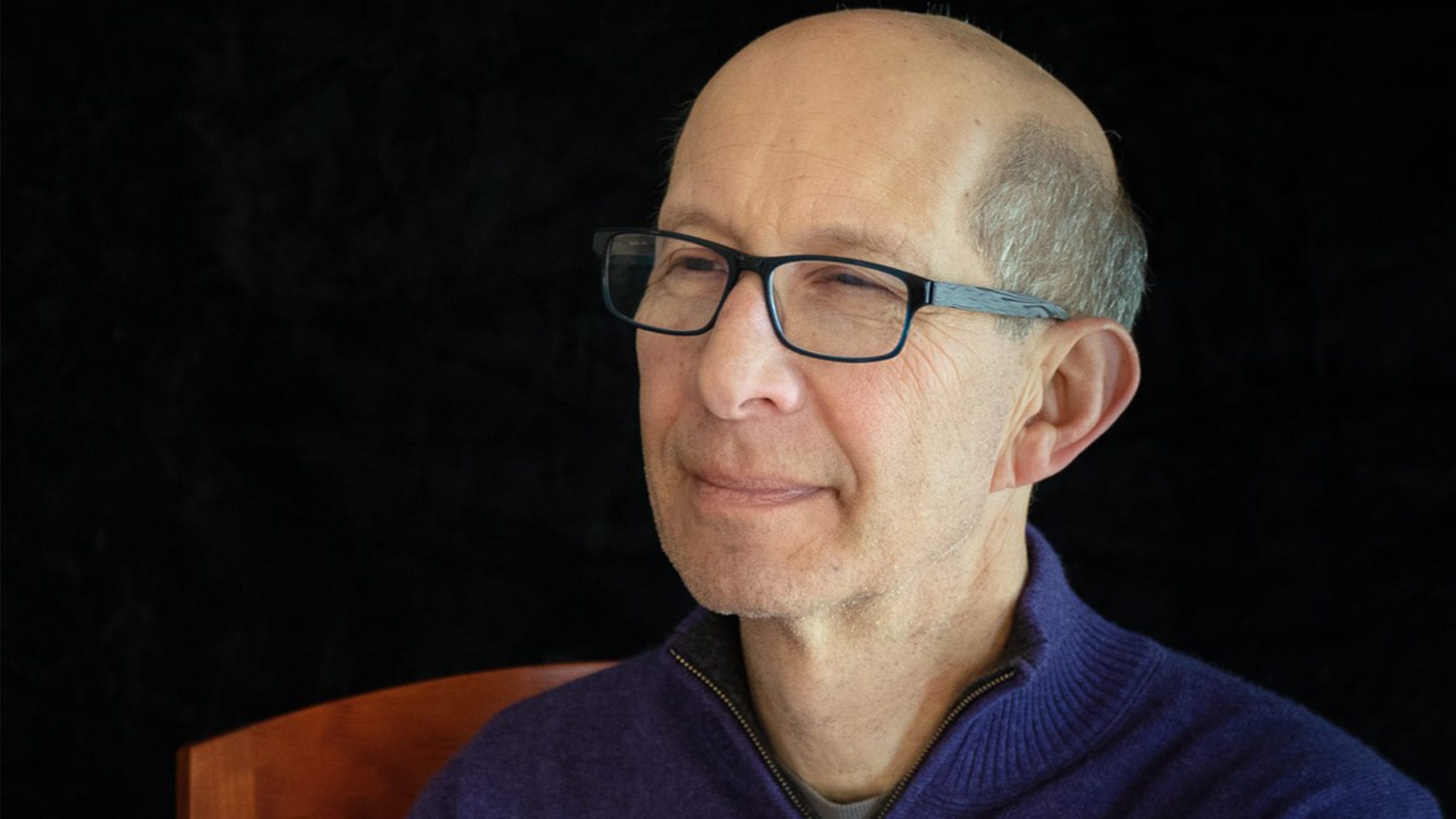
Here's a $25M seed fund aimed at backing some brash new drug ideas out of the Broad
As a former academic and a seasoned drug developer, Burt Adelman knew when he was recruited as a senior advisor to Novo Ventures in 2017 that one of his key priorities needs to be introducing the fund to the network he was so deeply embedded in.
“I was thinking long and hard on how can I, as a Boston insider, help Novo really get inside the ecosystem of Boston biotech?” he recalled in an interview with Endpoints News.
Unlock this article instantly by becoming a free subscriber.
You’ll get access to free articles each month, plus you can customize what newsletters get delivered to your inbox each week, including breaking news.